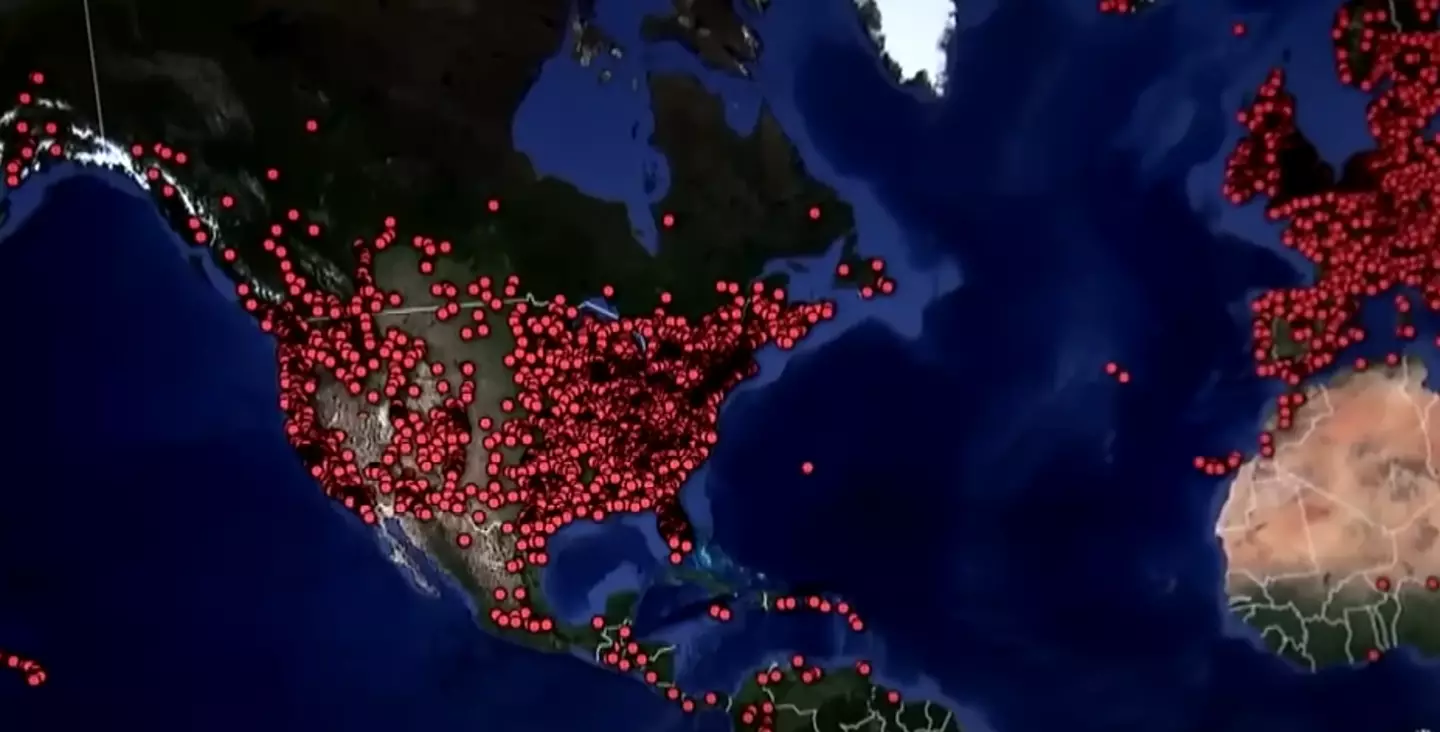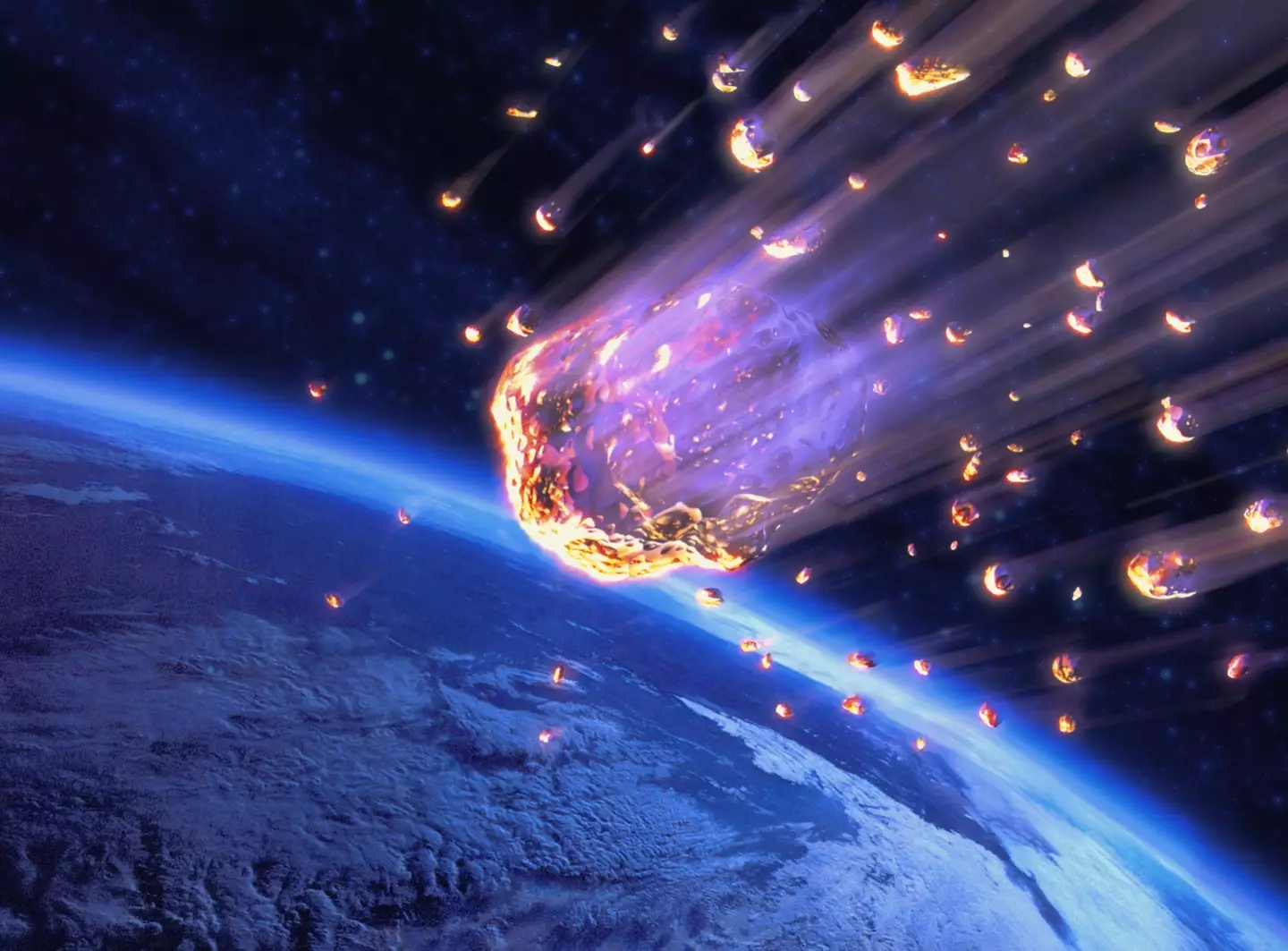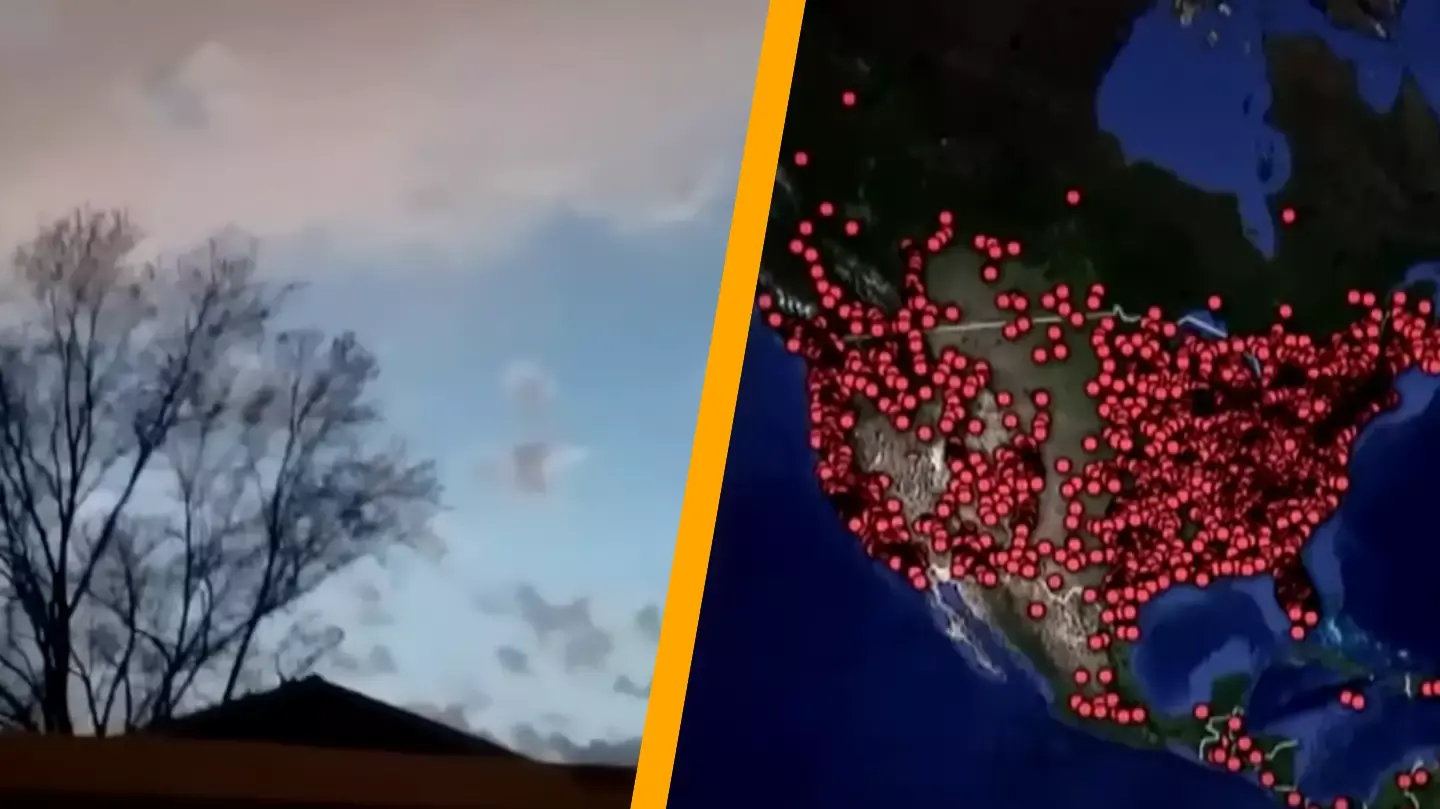Despite our extensive knowledge of Earth, there are still mysteries that baffle scientists, and one such enigma is the occurrence of ‘skyquakes.’
We have gained insight into numerous intriguing and unusual natural events on our planet, yet many remain inexplicable.
Skyquakes are one of these phenomena, leaving experts puzzled about their true nature.
These loud booms can be reminiscent of a gunshot or a car backfiring, and they have been reported across the globe for over two centuries.
Although several hypotheses have been proposed, a conclusive explanation remains elusive.
Scientists speculate that these sounds could be due to meteors exploding in the atmosphere, military activities, or even be connected to storms or earthquakes.
The earliest recorded skyquakes date back to 1811, during a 7.2-magnitude earthquake in New Madrid, Missouri, where residents reported hearing sounds akin to artillery fire.
Reports of similar noises emerged during an earthquake in Charleston, South Carolina, in August 1886, with the sounds lingering for weeks following the 7.3-magnitude quake.

These phenomena have been known by various names, and after an event at Seneca Lake in central New York state in the 1850s, they were locally referred to as Seneca guns.
Author James Fenimore Cooper, who experienced one of these skyquakes at Seneca Lake, vividly recounted it in his short story ‘The Lake Gun.’
Cooper described: “It is a sound resembling the explosion of a heavy piece of artillery, that can be accounted for by none of the known laws of nature.
“The report is deep, hollow, distant and imposing. The lake seems to be speaking to the surrounding hills, which send back the echoes of its voice in accurate reply.”

Despite the terminology, seismologists are uncertain of any connection between tectonic activity and these sounds.
In 2020, scientists started analyzing seismic data to uncover the source of these noises and determine if there is any link to earthquakes.
Researchers at the University of North Carolina at Chapel Hill theorized that the origin of the sound might be atmospheric rather than seismic.
Researcher Eli Bird commented: “Generally speaking, we believe this is an atmospheric phenomenon – we don’t think it’s coming from seismic activity.
“We’re assuming it’s propagating through the atmosphere rather than the ground.
“The atmospheric conditions could be such that that gets amplified in a particular direction, or is primarily affecting this localized area.”

